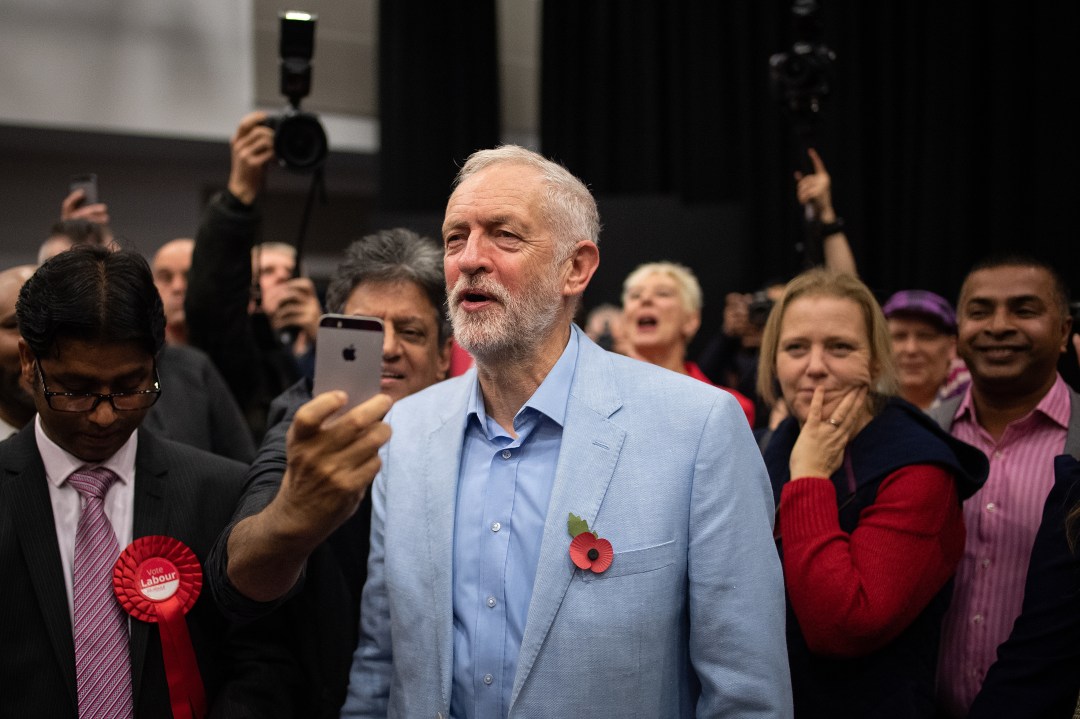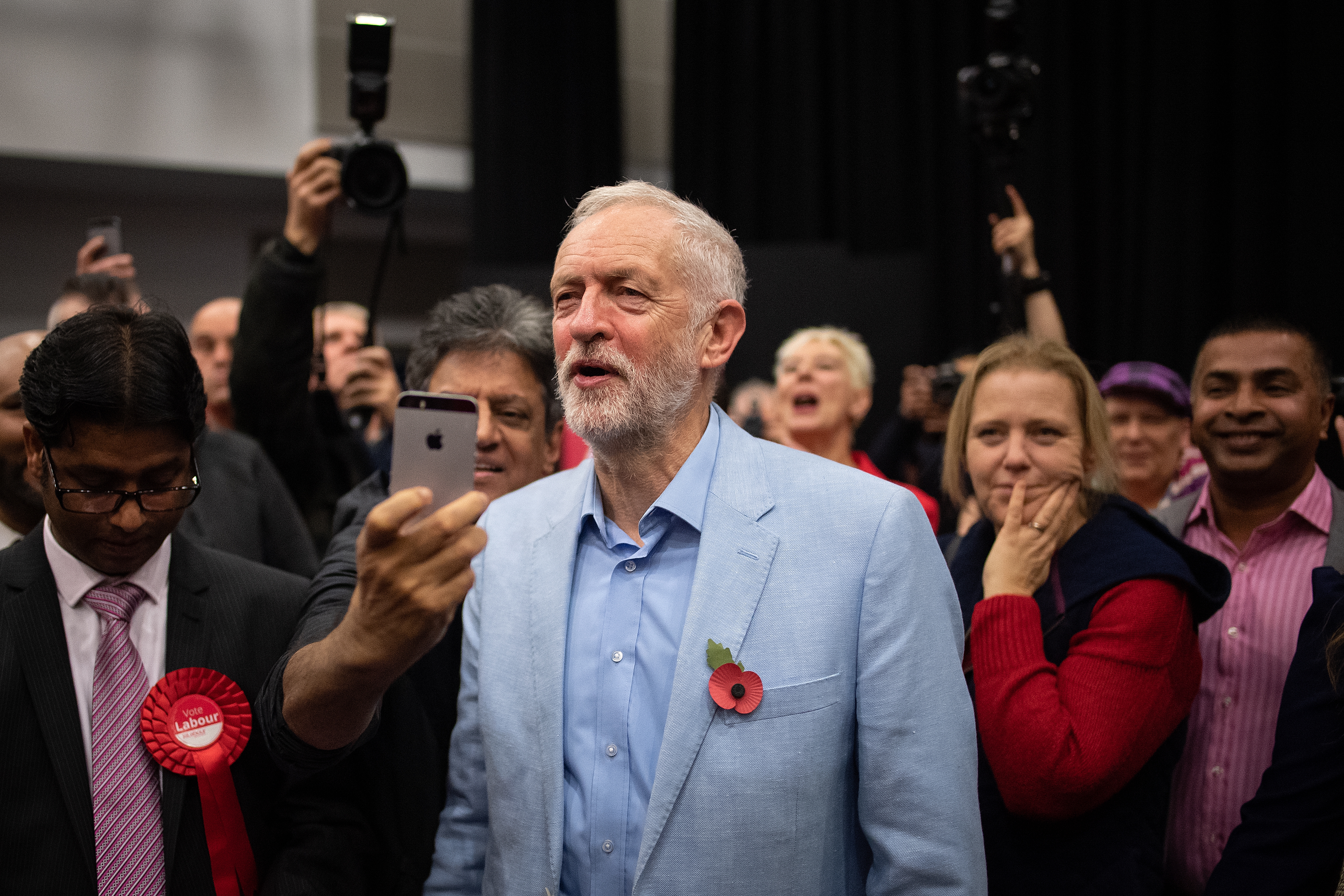Jeremy Corbyn’s election launch was a declaration of class war. He was ‘going after’ some named individuals who he portrayed as tax dodgers, bad bosses, dodgy landlords and big polluters. He may not have realised how much he sounded like the party leader in Orwell’s 1984, denouncing ‘enemies of the state’, and singling out ‘Emmanuel Goldstein’. Perhaps the 32-hour week is really to allow us more time for the daily two-minutes hate and the annual hate week expected by Big Brother.
Corbyn’s divisive message invites other parties to declare their commitment to the common good. Instead of Corbyn’s declaration of class war other manifestos should be our declaration of independence and what we plan to do with it.
Independence from the EU will allow us to restore our system of government as a trust for the people. Political power can be seen in two ways: as an opportunity to exert control over the lives of other people; or as a trust for all members of society. The EU is a system of control by a self-chosen oligarchy, whereas the Westminster system compels leaders to serve as trustees for all members of society. It is based on the ideal of leaders who are citizens holding office for the time being and who must seek consent for their policies. EU oligarchs want power to exert control over others. Moreover, they believe they have superior intellectual insight and moral rectitude compared with the masses.
Independence will permit us to renew our commitment to outward-looking internationalism instead of the narrow regionalism of the EU. Two of the biggest international challenges are how to secure peace, including the defeat of terrorism, and how to overcome extreme poverty. The EU offers solutions to neither. Most notably, high tariffs on foods prevent small farmers in poor countries from exporting their way out of poverty. Outside the EU we will be able to put new energy into programmes aimed at ending hunger through a blend of aid, economic development and trade.
Independence will allow us to renew our commitment to international relations based on respect for the individual path preferred by every nation. Instead of seeking central control disguised as harmonisation, we will be free to encourage international relations based on mutual learning through trial and error by independent peoples.
Independence will set loose the true character of the British people. At our best we have combined a sense of belonging with the spirit of independence; a wish to help others, wherever they are in the world, with a determination to be true to ourselves. Historically we have been known as a people not much in need of leaders. Especially in a crisis, the majority will step forward and do what’s necessary without anyone giving orders.
Independence gives us the chance to repair the deep divisions of recent times. Inclusivity implies the idea of a nation as a kind of membership association. Earlier writers often spoke of a ‘common-wealth’ that aimed to create conditions that would allow everyone to succeed by their own ingenuity and hard work. Creating conditions for enterprise and personal freedom is not the same thing as creating a command-and-control economy. But a government that upholds the interests of all members of society has a responsibility to perform well the tasks that it alone can carry out: ensuring sound money, upholding just laws, and applying fair taxation.
The last thing we need now is a class war. As a people we like to believe that we always do the right thing, even if not on the first attempt. And we like to think that our individualism is public spirited. No one is to be left out. The party that stands up for this spirit of self-critical patriotism will win the day.







Comments